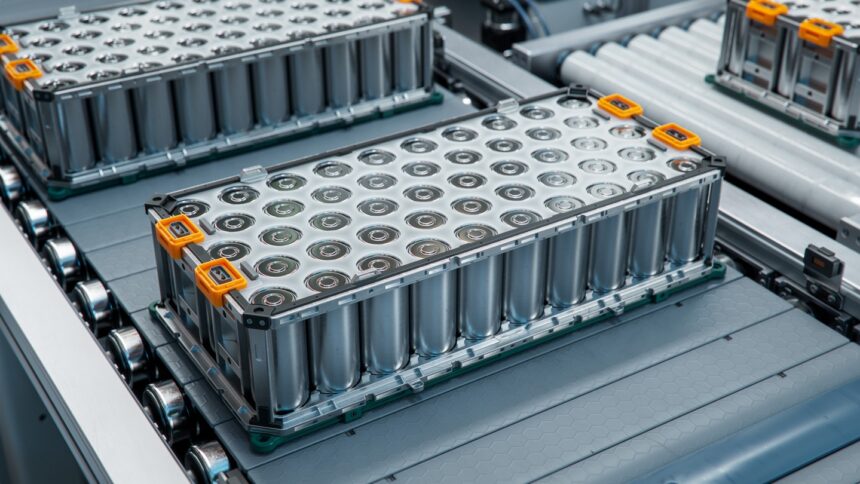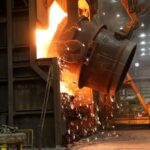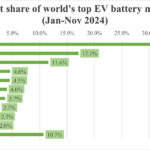Mazda, the renowned automotive manufacturer, has recently announced its plans to construct a new battery pack plant in Iwakuni City, Yamaguchi Prefecture, Japan. The primary focus of this facility will be on producing modules and packs for automotive cylindrical lithium-ion battery cells, which will be supplied by Panasonic Energy.
These battery packs are intended for installation in Mazda’s upcoming battery electric vehicle (EV), which will be built on a dedicated EV platform at the company’s vehicle plant in Japan. Mazda anticipates that the new facility will have an annual production capacity of 10GWh.
In line with their 2030 Management Policy, Mazda is taking significant steps towards the electrification of their vehicles. They are preparing for electrification technologies based on a multi-solution strategy that offers various technological options to meet customer demands and regulatory changes, thereby contributing to addressing the global issue of climate change.
In May 2023, Mazda entered into an agreement with Panasonic Energy to secure a stable supply of cylindrical lithium-ion batteries for automotive use. This collaboration aims to enhance battery production and technological development and was officially endorsed by the Ministry of Economy, Trade and Industry (METI) in September of the previous year.
Moreover, in October, Mazda partnered with Swiss engineering firm ABB to implement the RB1000i-S paint atomizers at the Ujina plant in Japan. This new paint atomizer, mounted on top of the ABB robot, is designed to improve transfer efficiency by more than 10% and reduce paint waste by at least 30% along with carbon dioxide (CO2) emissions compared to its predecessor, the RB 1000i.
Overall, Mazda’s initiatives in battery production and technological advancements reflect their commitment to sustainable practices and innovation in the automotive industry. Stay tuned for more updates on Mazda’s progress in the electrification of their vehicles.







